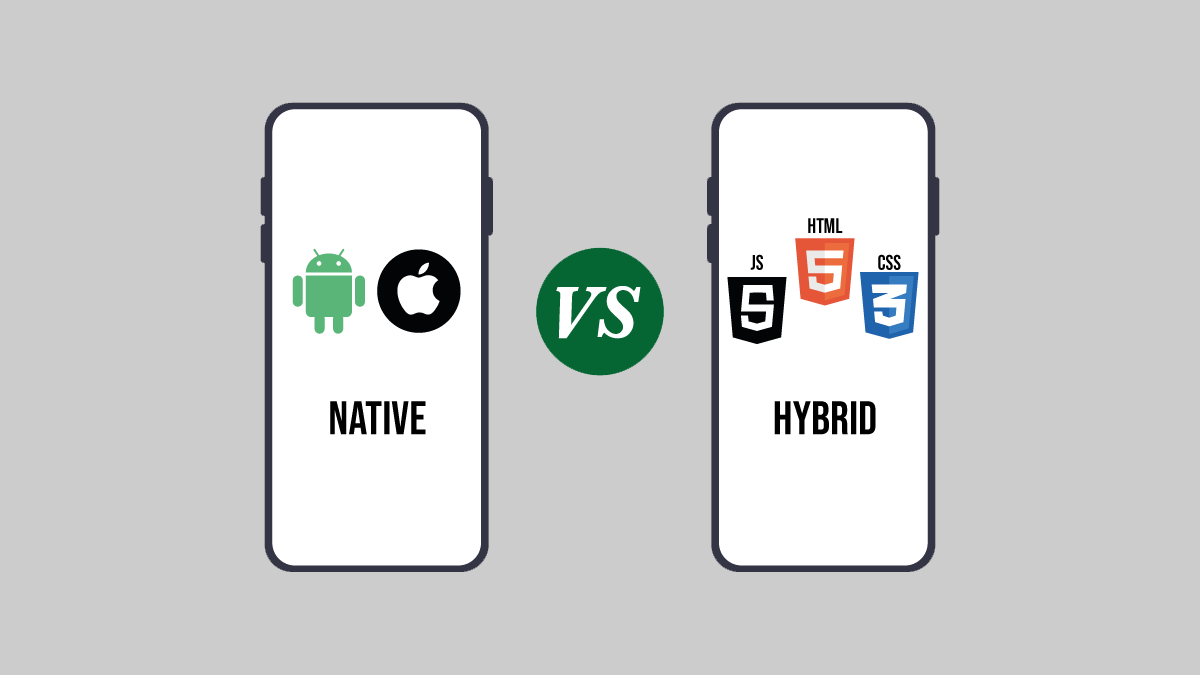Behind the idea: Paysafe | Fintech Times

Paysafe is a payment platform serving specialized industry verticals, such as i-gaming, crypto, travel and e-commerce. With increased consumer demand for alternative payment methods further driven by changing post-covid payment habits, Paysafe helps businesses offer more payment options at checkout via a single integration and payment API.

Here we talk to Roy AstonPaysafe’s COO, who joined the company in 2019. Talking to Fintech Timesshares Aston’s thoughts on the challenges and opportunities facing the fintech industry today and explains how the company’s recent move to the cloud has benefited the company and its customers.
What has been the traditional corporate response to financial technology innovations nationally?
Innovation in the payments industry has historically been about automating manual processes and trying to drive digital innovation into existing established payment methods.
Traditional financial services organizations such as banks have so much legacy technology that much of their innovation effort has had to go into modernizing core services to keep up with new digital trends. In many areas, we have seen companies working hard to innovate in the customer experience layer, while the back-end systems are old and very complex.
How has this changed in recent years?
Over the past few years, we have seen the rise of fintechs: companies that have been able to start with a clean slate and design their services with the customer in mind, creating digital-first solutions that provide an experience that consumers now both demand and expect. This has undoubtedly started to put pressure on the traditional incumbents to respond and do something similar. This has driven the trend of M&A in the fintech industry and the resulting launches of new solutions that impact the market.
We have also seen an increase in access to various payment methods. Merchants have realized that there are more ways consumers can and will pay now, especially since early 2020 and the outbreak of covid. Financial services companies have had to react and adapt to ensure they are able to offer as many possible payment methods as possible to help merchants serve their business.
Talent in payments and fintech is also in all-time demand, and we see that the ability to attract talent globally now has a different dynamic, with individuals proving they can work in a more remote environment. It’s about getting access to talent, but also now about keeping them to work on transformational initiatives that are becoming more important.
Has something created a culture of change within Paysafe?
We are a digital business at heart, which is why we have to be very focused on putting the customer first. Our focus has been on rolling out competitive digital solutions at rapid speed and accelerating the delivery of these services to our merchants and customers so that we can keep pace with the global trend of rapid innovation. As a business, we continuously look at where we have opportunities to collaborate and acquire. Our last three acquisitions, of viafintech, SafetyPay and PagoEffectivehas made us focus on how we can adapt and expand, such as our recent growth into the LATAM market.
Which fintech ideas have been implemented at Paysafe?
We are continuously looking at new initiatives to support the growth of our business and our partners. One of our most significant recent innovations is the launch and rollout of our single payment API, which saw us modernize our technology architecture to bring together the global payment methods we offer, including card payments, instant bank transfers, digital wallets and online cash solutions, and third-party solutions, through a single integration that allows merchants to consume and offer multiple payment methods.
The second would have to be the recent transformation of our payment platform to be cloud-based, which was completed at the beginning of the fourth quarter of 2021. This has allowed us to deliver changes faster, increase resilience and focus less on core infrastructure and more on delivering value for our business.
What benefits have these provided?
Our new innovations have benefited consumers by offering them more ways to pay at checkout and increased choice. They have also helped merchants by increasing conversion rates as they can now support more payment types in more regions and offer alternative payment methods where traditional methods such as cards may have had lower acceptance rates.
For Paysafe, they help us grow and scale more efficiently. For our digital wallet operation alone, our migration to the cloud reduced the implementation time for our new platform by approximately 80 percent.
Do you see any other industry challenges on the horizon?
Crypto, web 3.0 and the metaverse offer significant opportunities. Arguably, this is going to be the future of payments as more consumers and merchants adopt digital currencies as a de facto form of payment.
Those companies that can help drive crypto adoption and user experience improvements will almost certainly be leaders in the next revolution in payments, and those that can bridge the gap between existing and new payment worlds, offering more traditional fintech services alongside solutions for the web 3.0 world will undoubtedly win.
Can these challenges be helped by fintech?
Fintech has typically been about modern technology and the ability to scale and adapt. By its DNA, fintech is about consumer-focused user experiences and digital platforms. Staying true to this core ethos and using this approach will be key to successfully simplifying crypto payments for mass adoption.
Final thoughts…
This is undoubtedly one of the most exciting times to be in payments. There is simply no slowdown in growth. We have seen in the last two years that there is a lot of work for companies to digitize their businesses and make online payments more accessible.
We are also at the end of the new crypto payment revolution, which will bring a different set of payment methods for both consumers and merchants. The fintech companies that can adapt and transform the fastest are most likely to win.

























